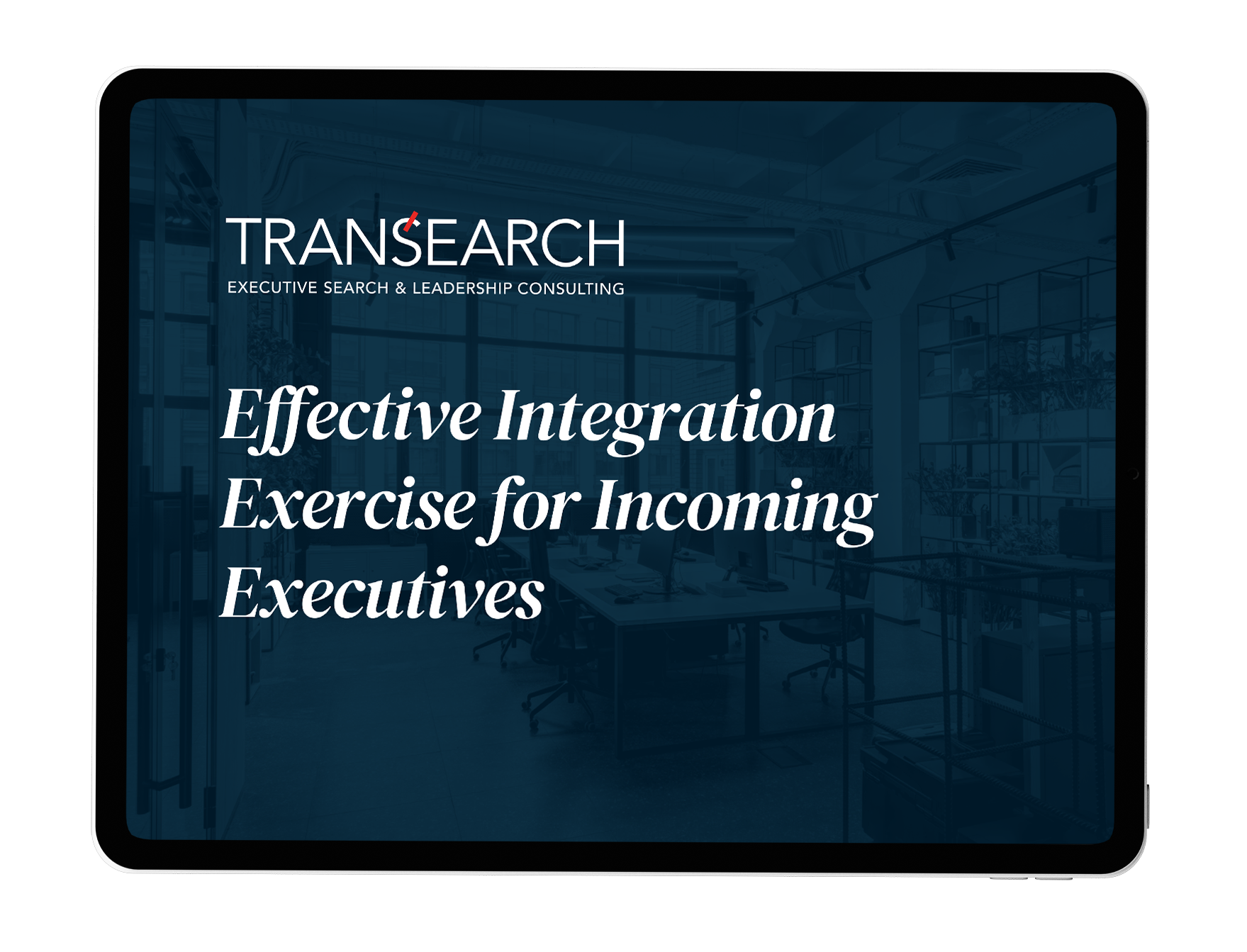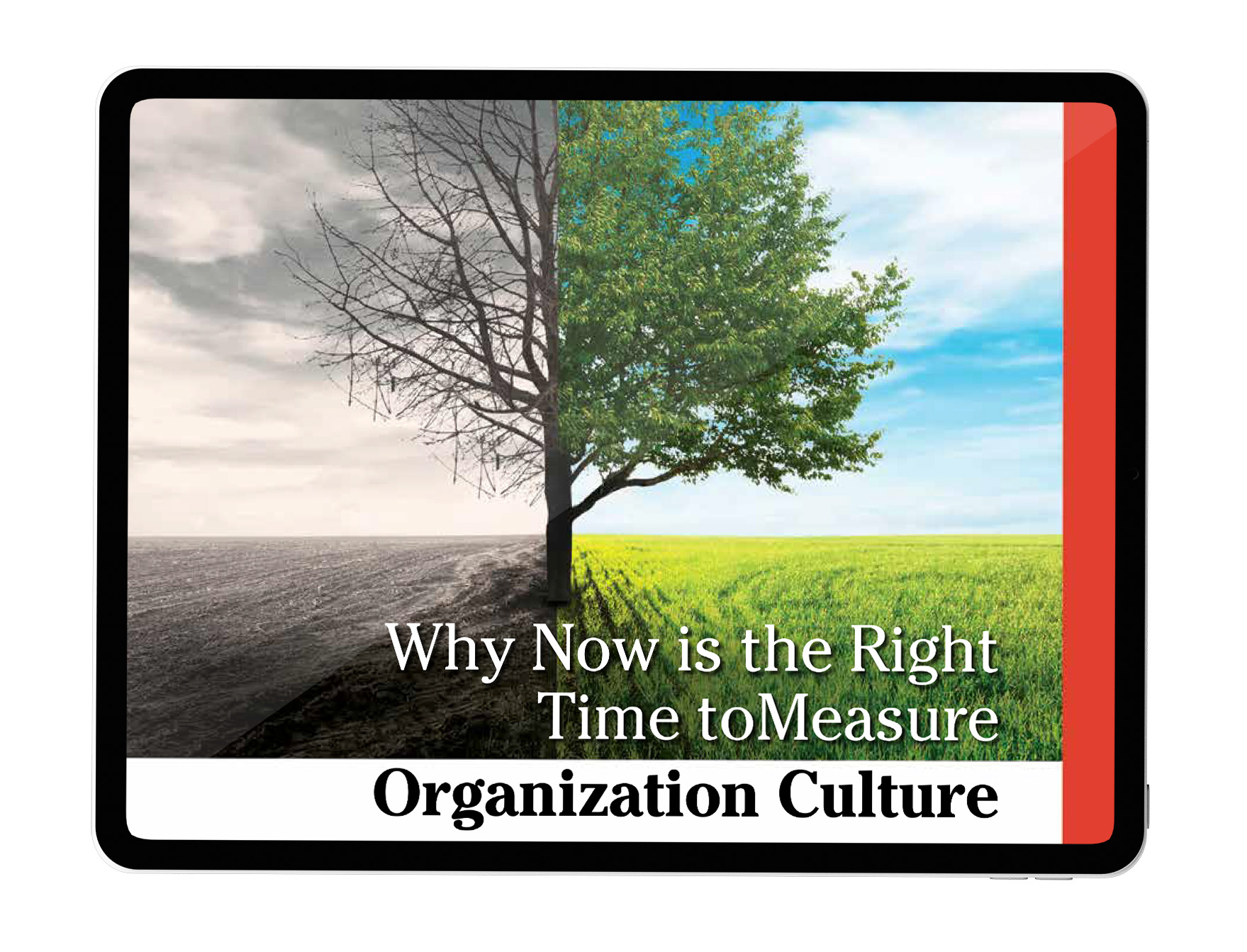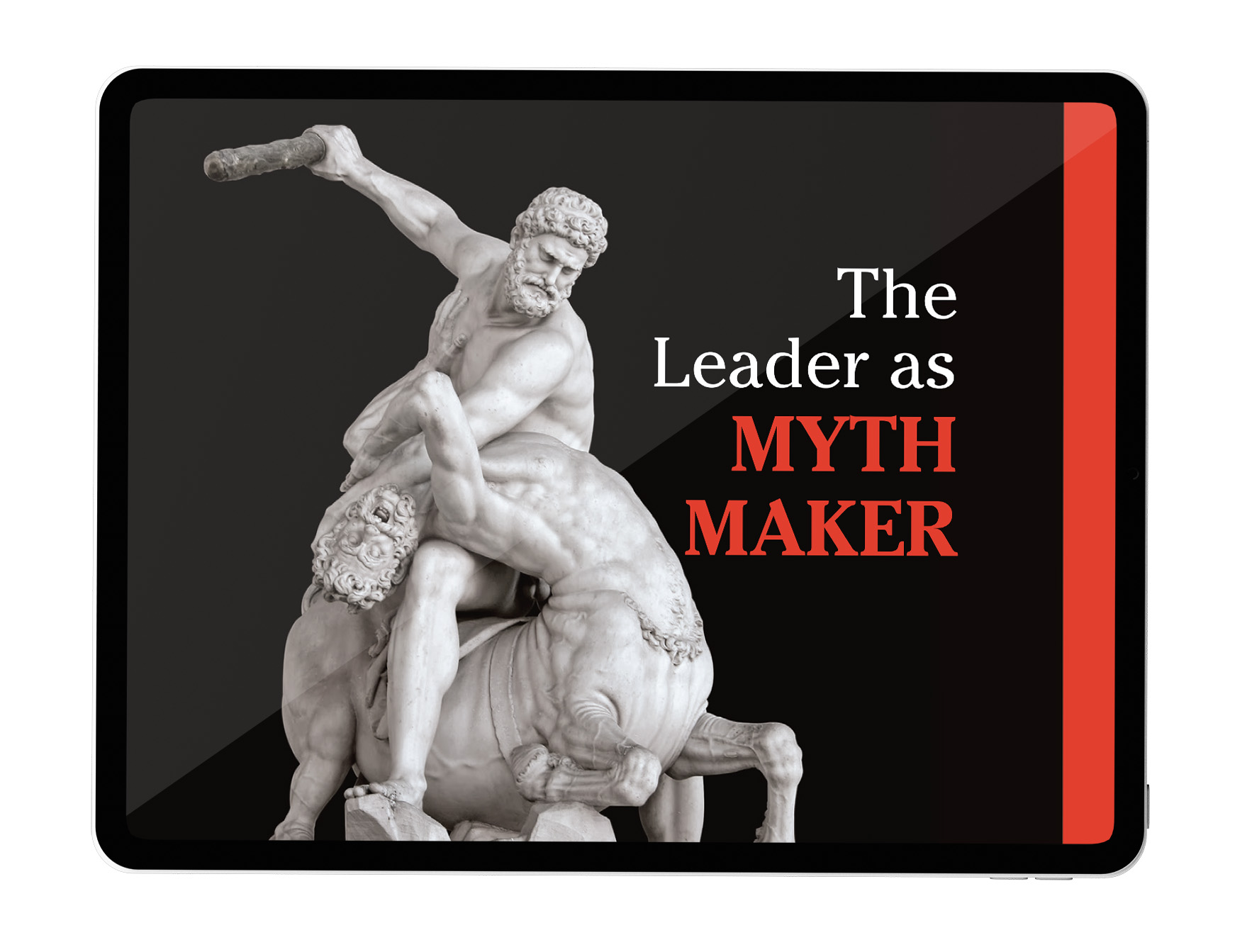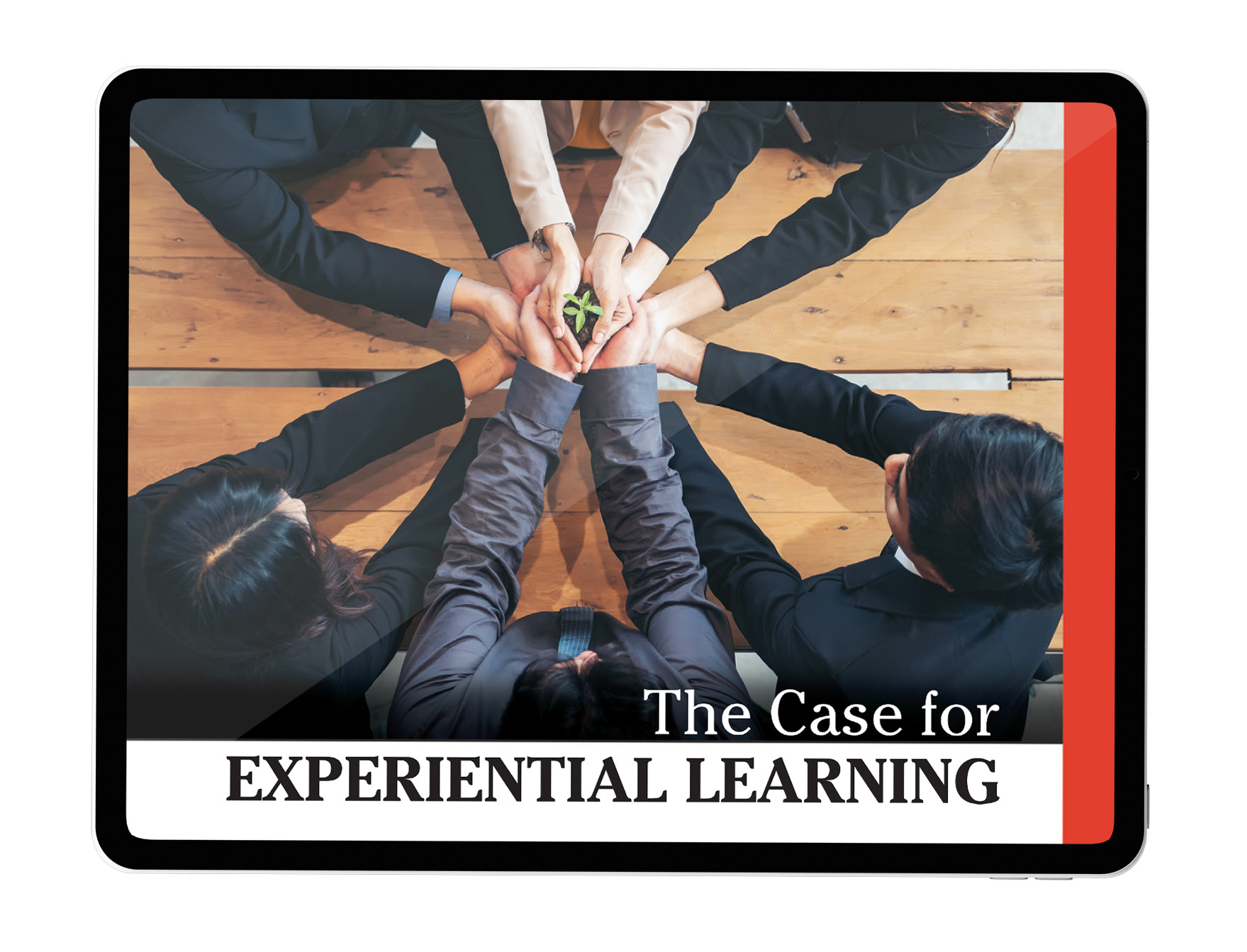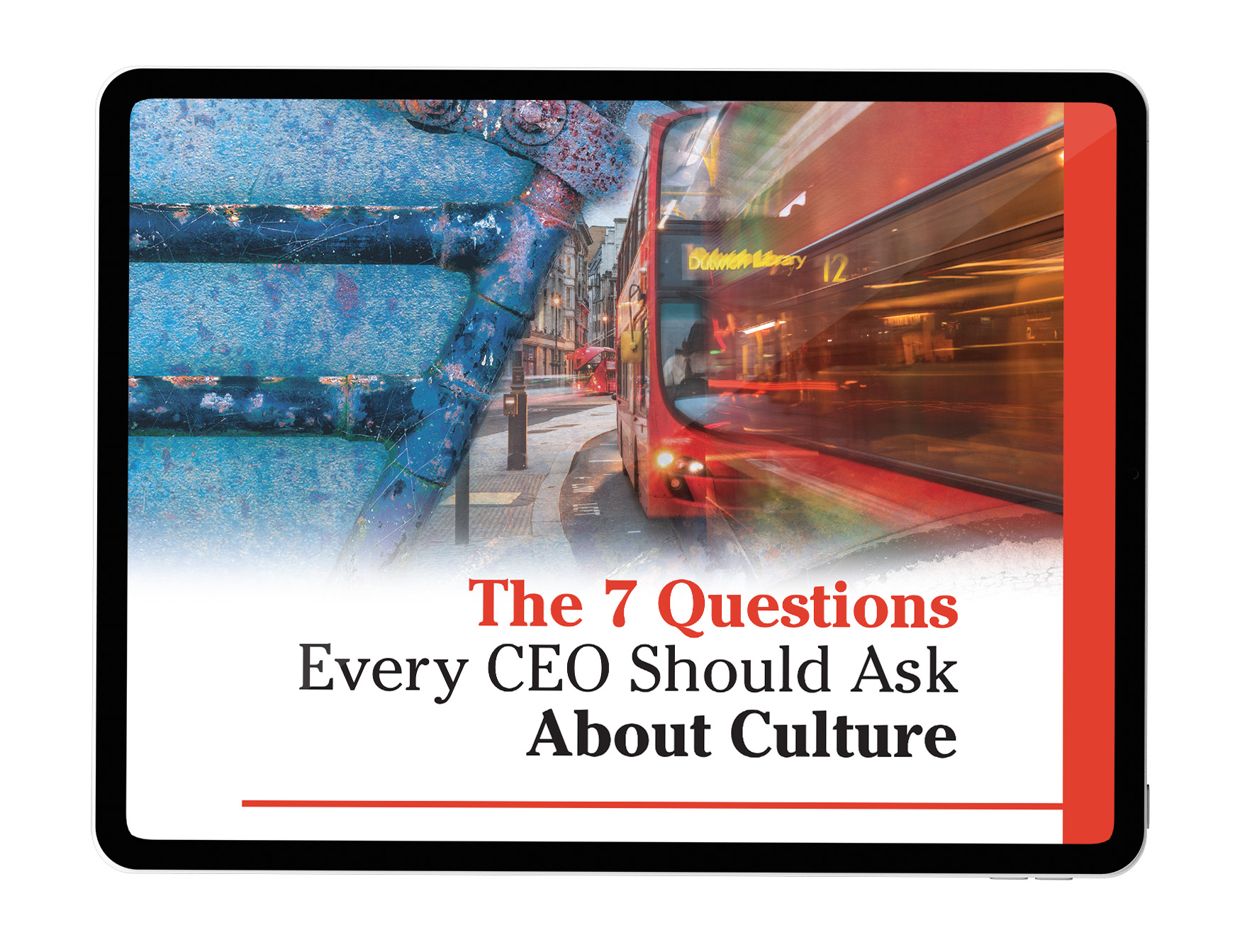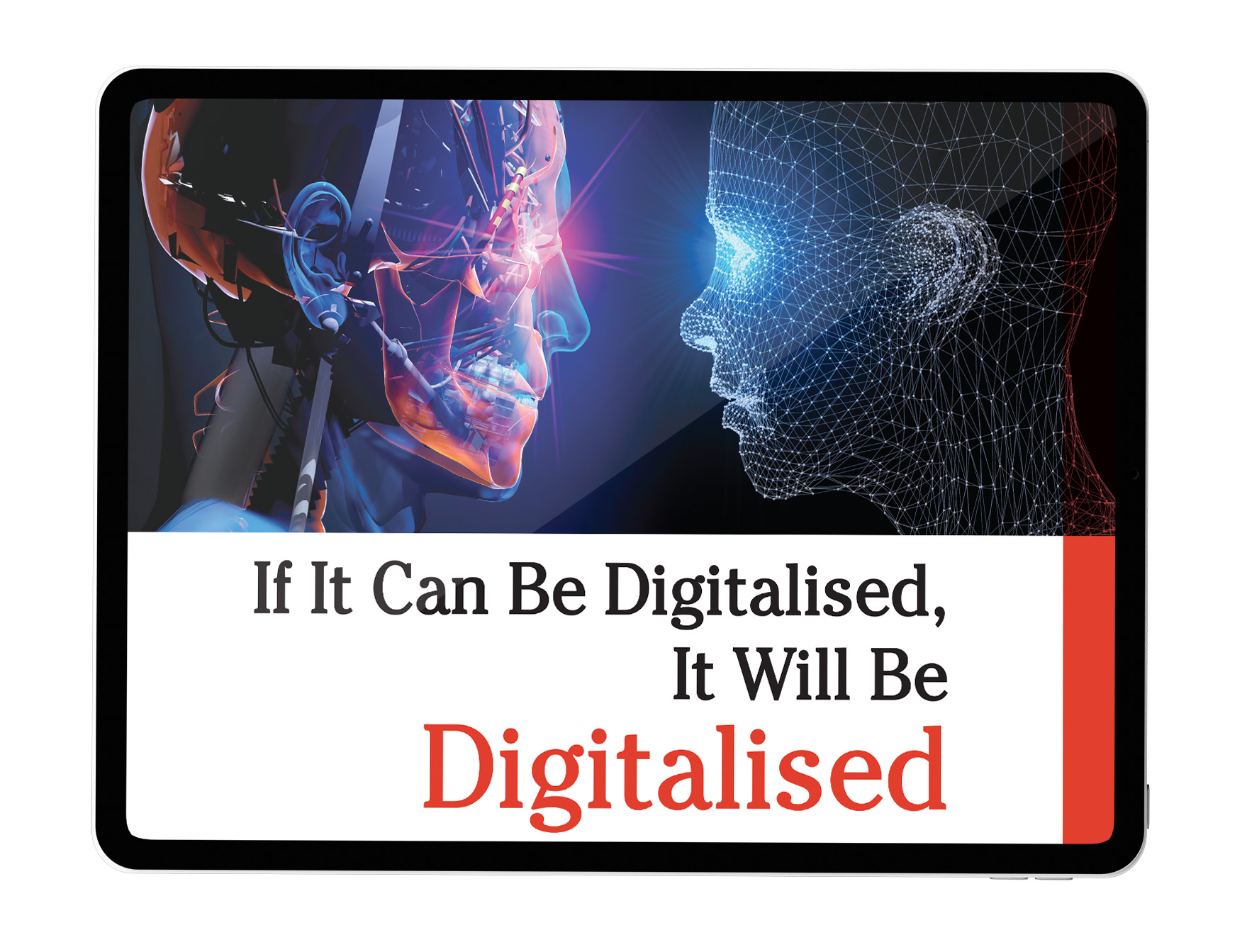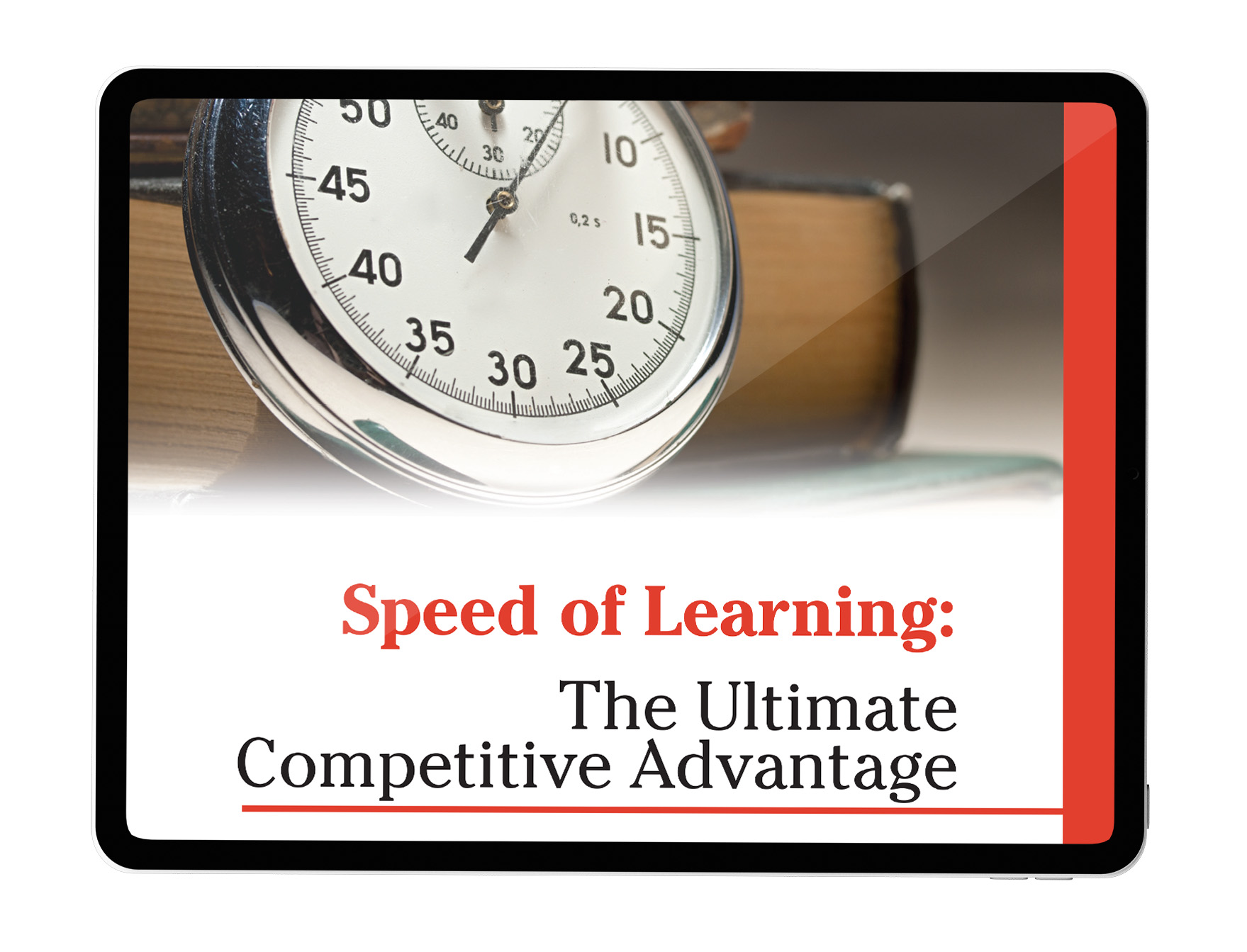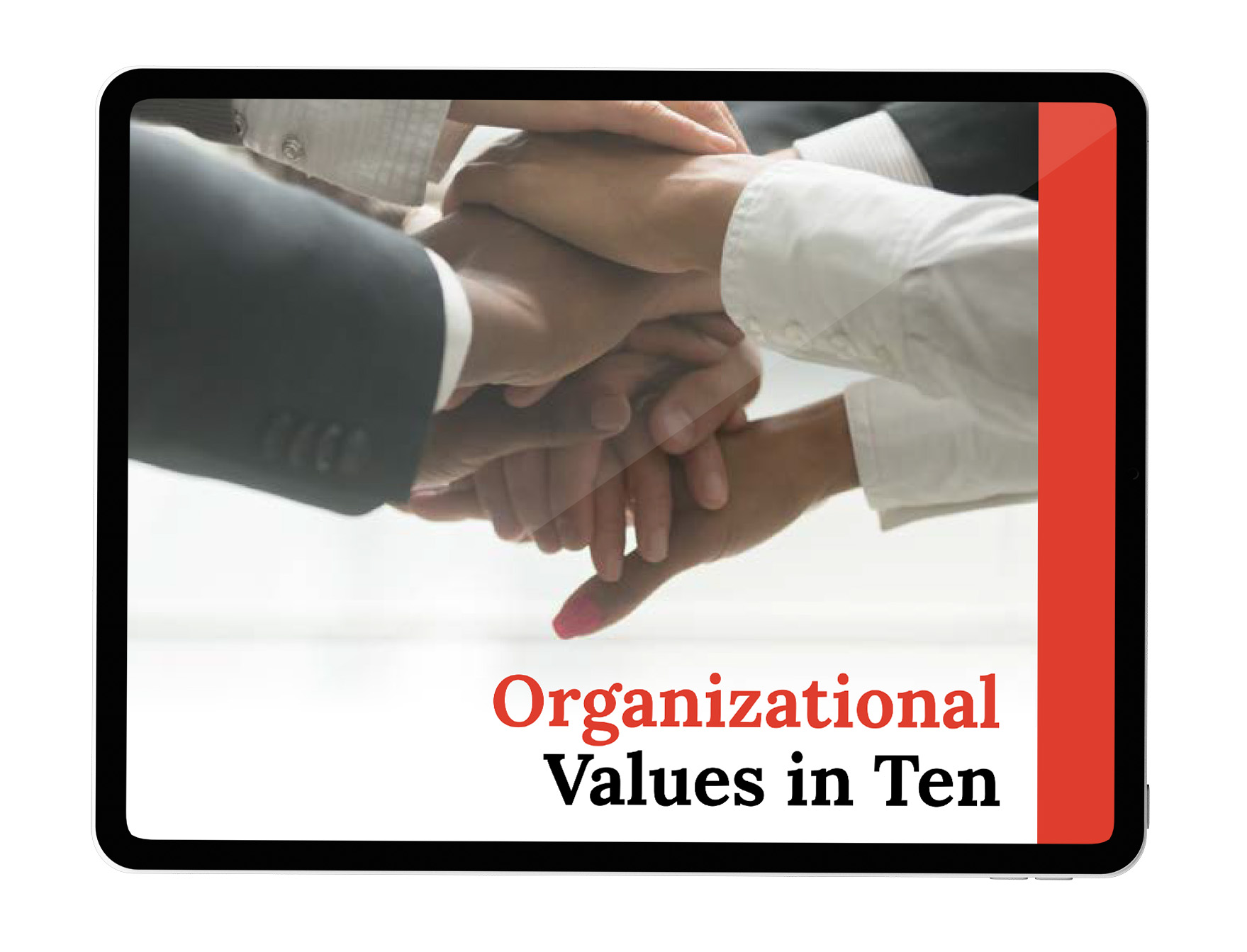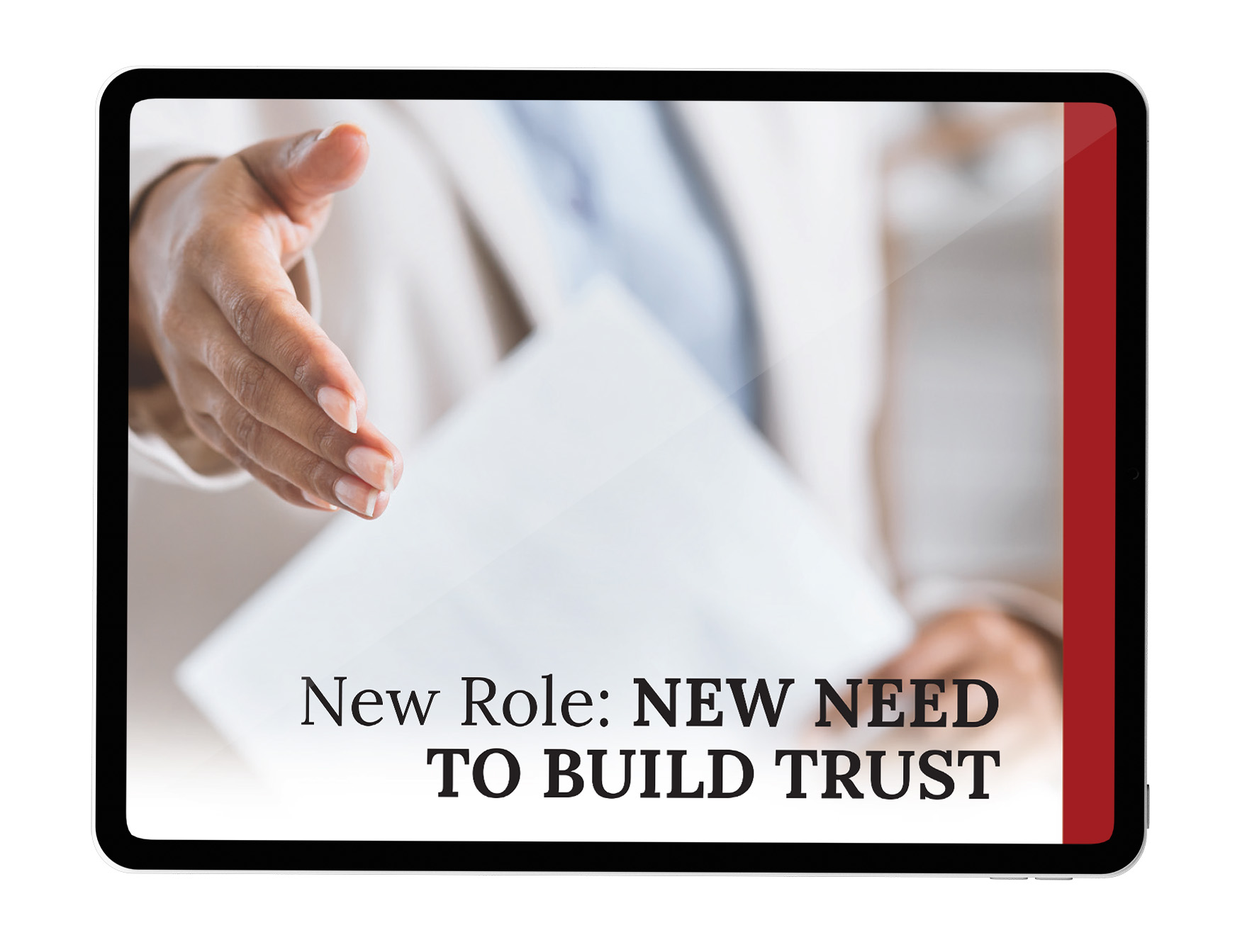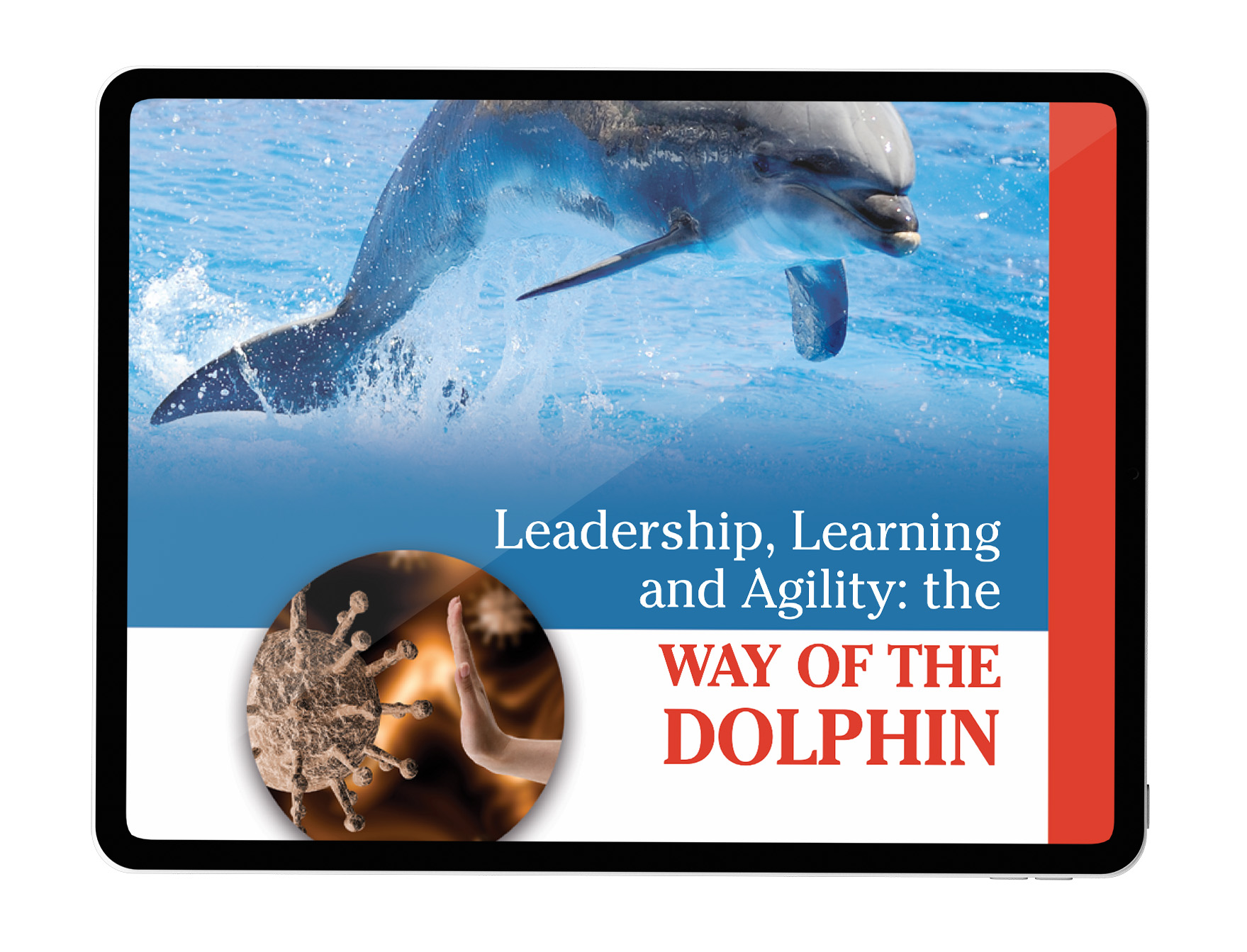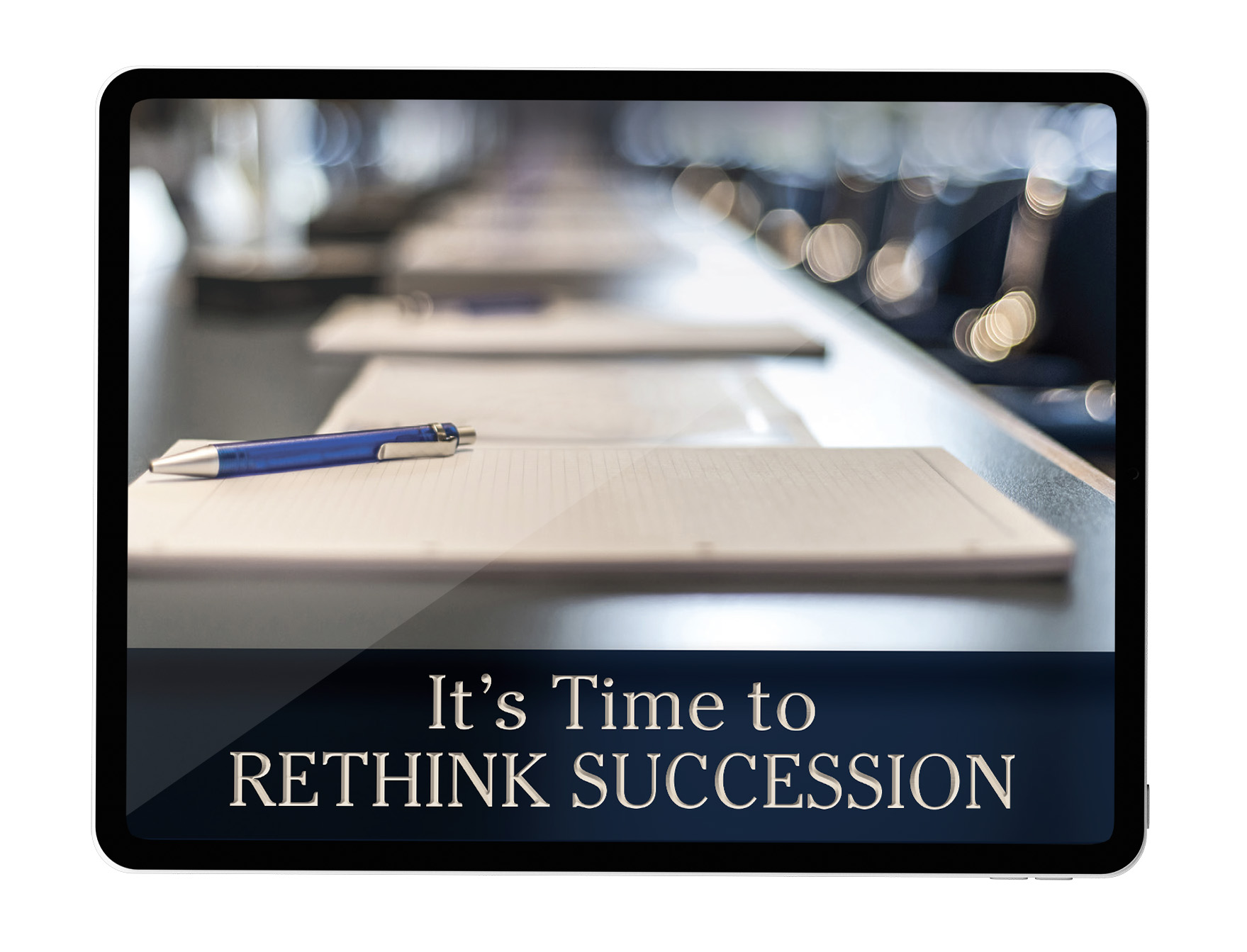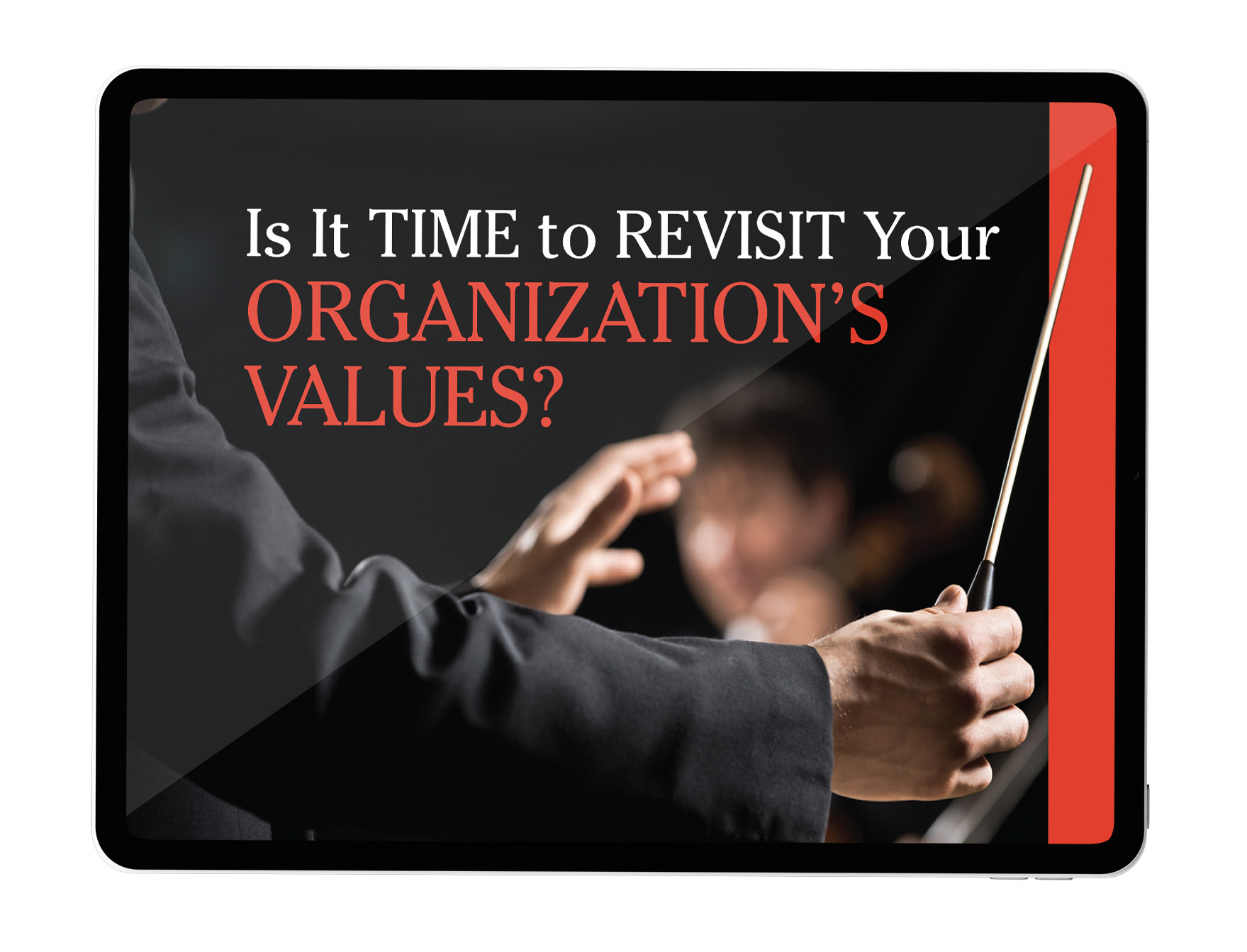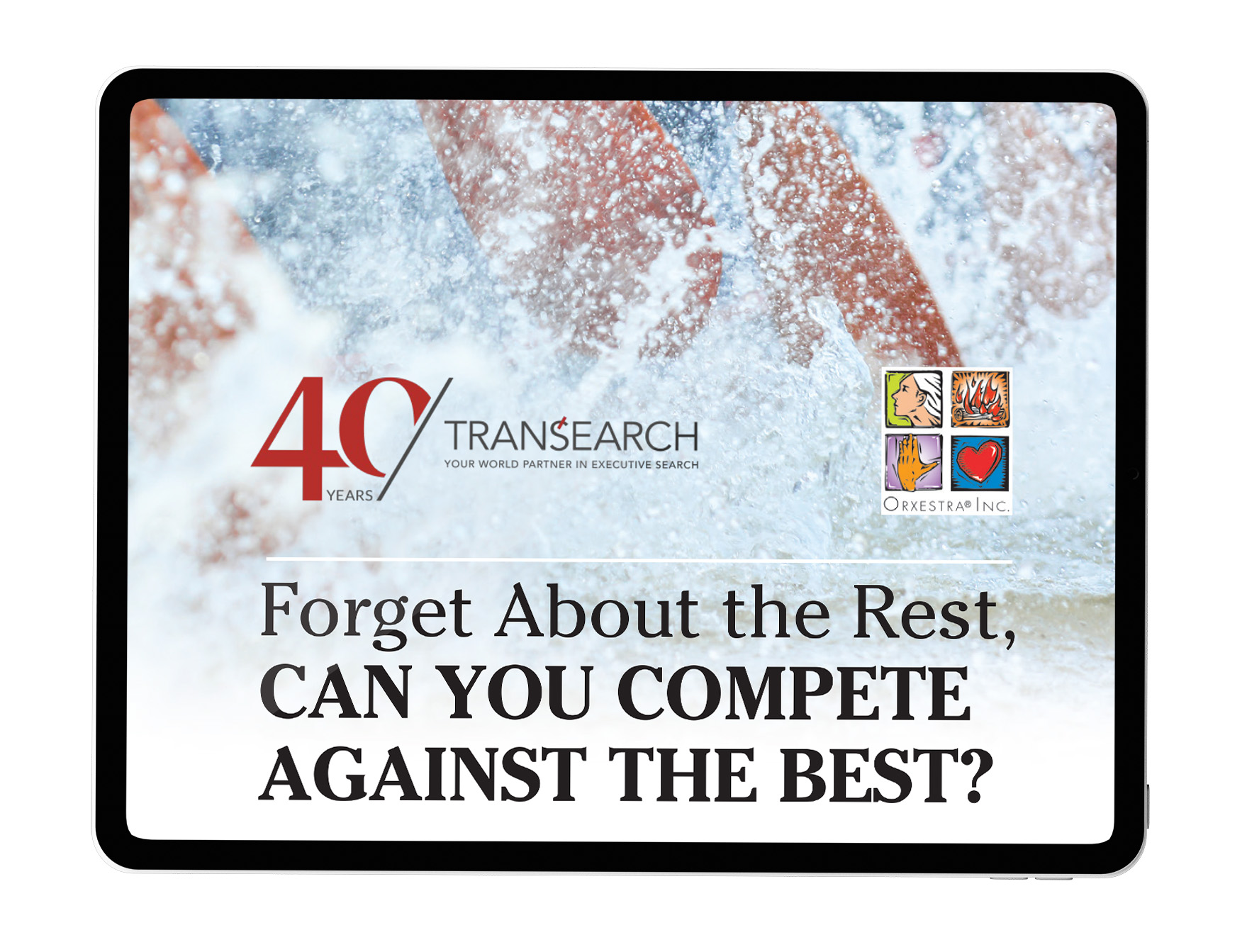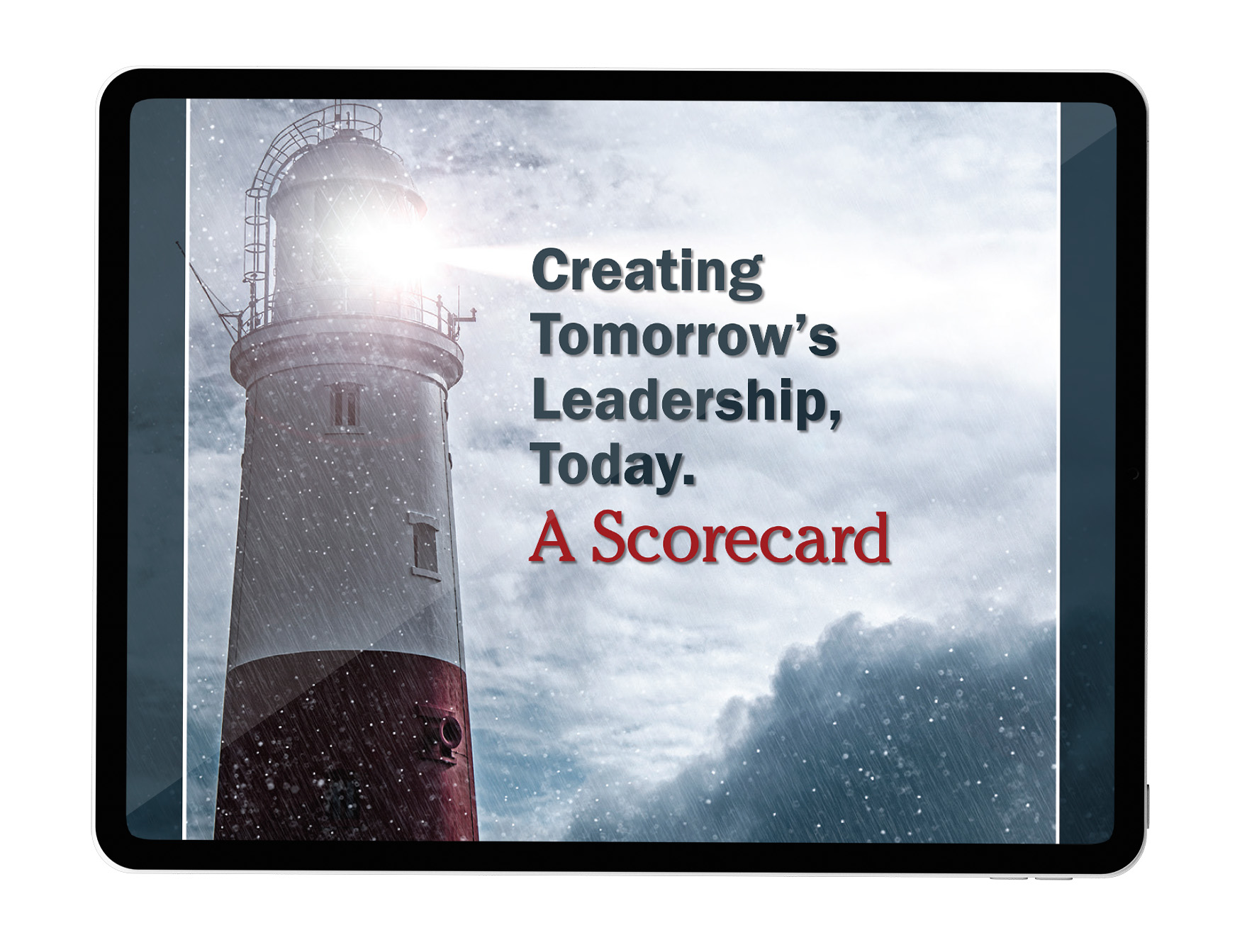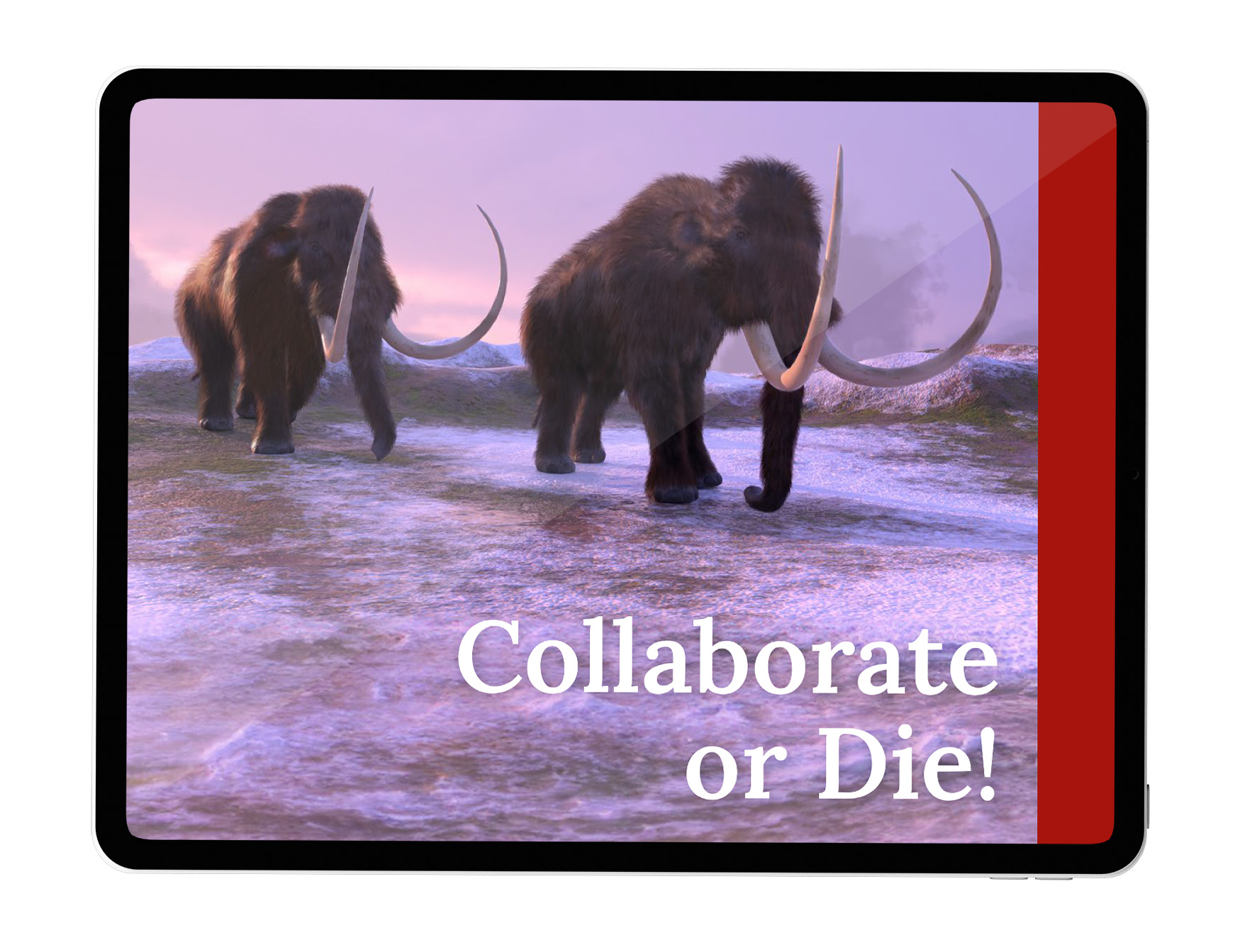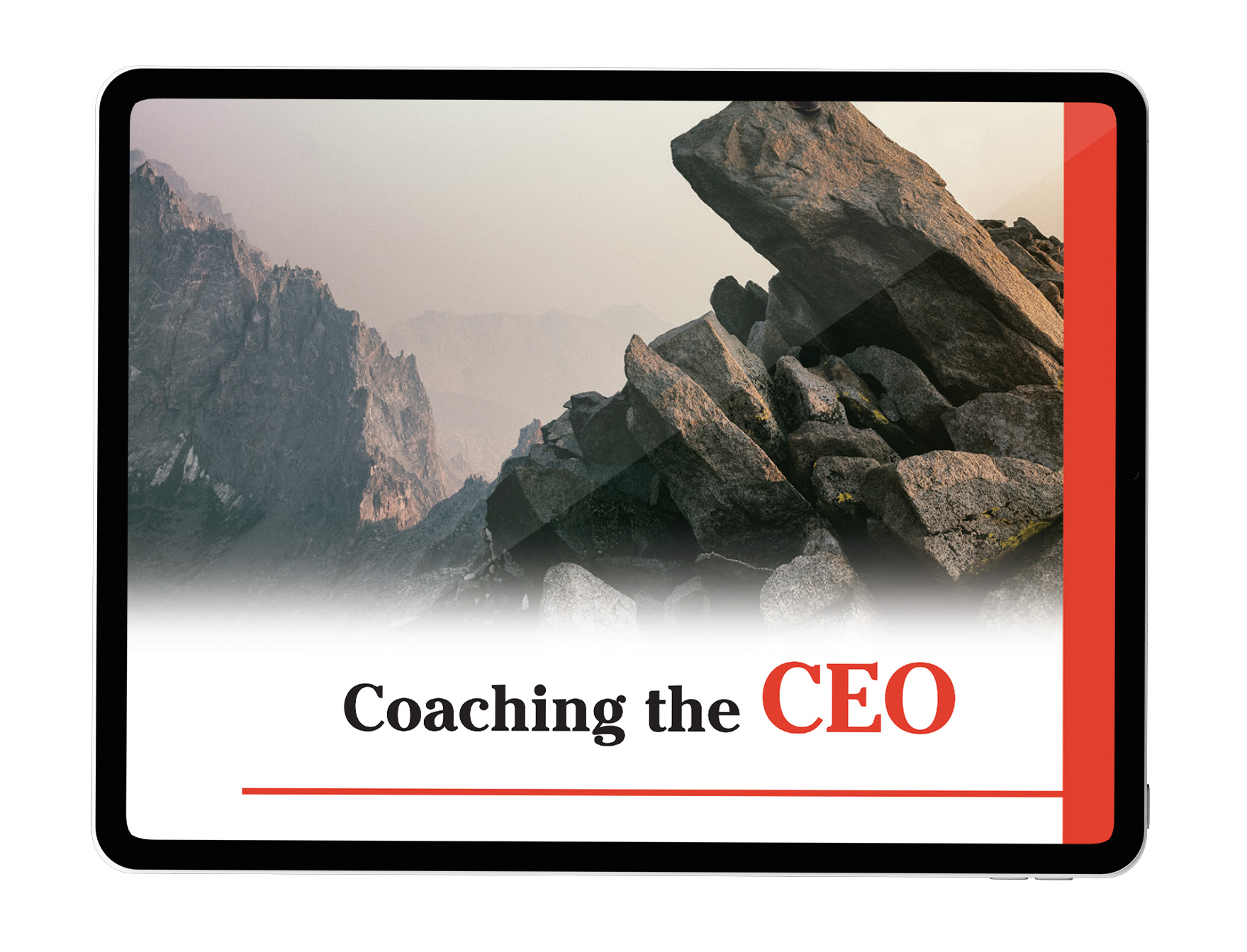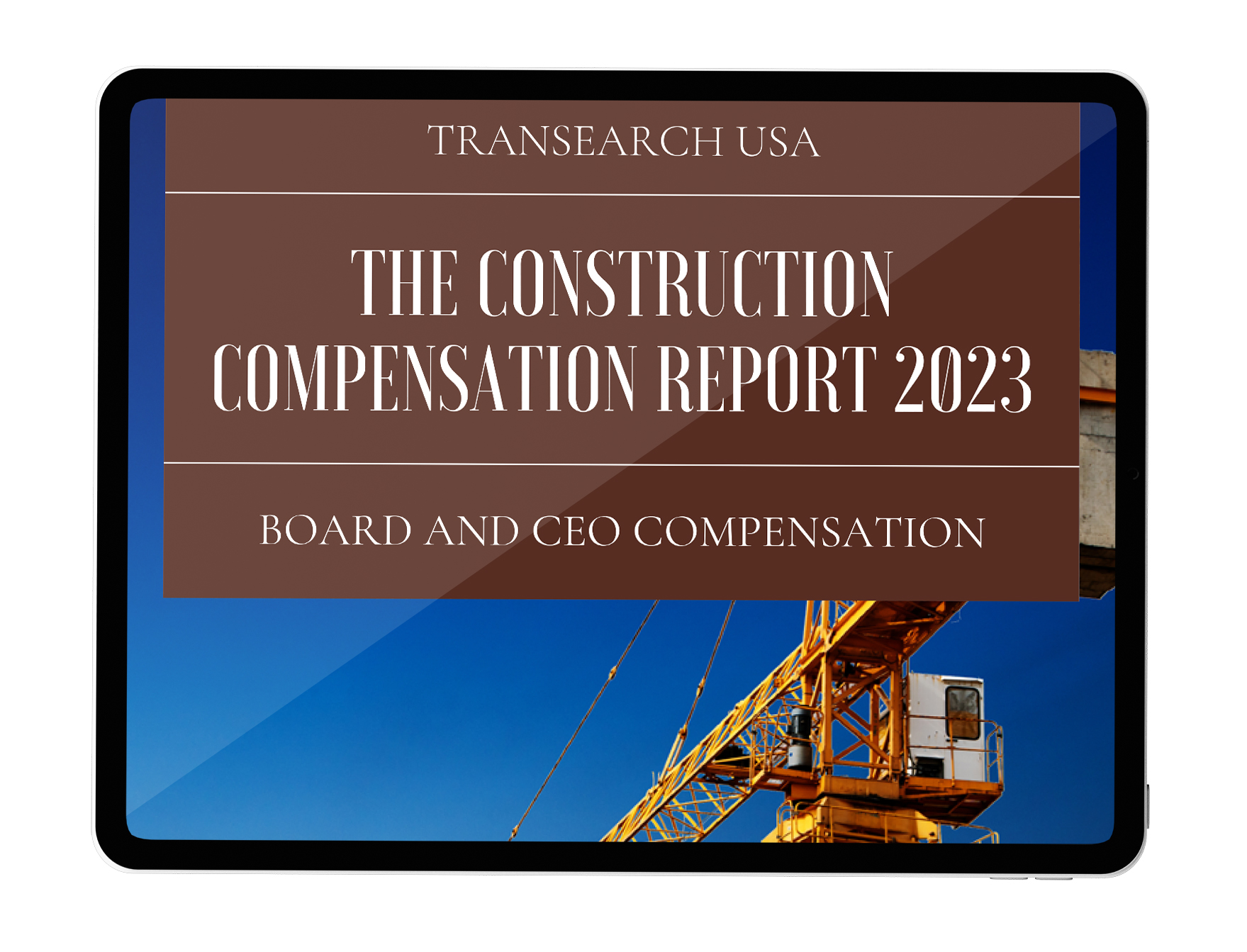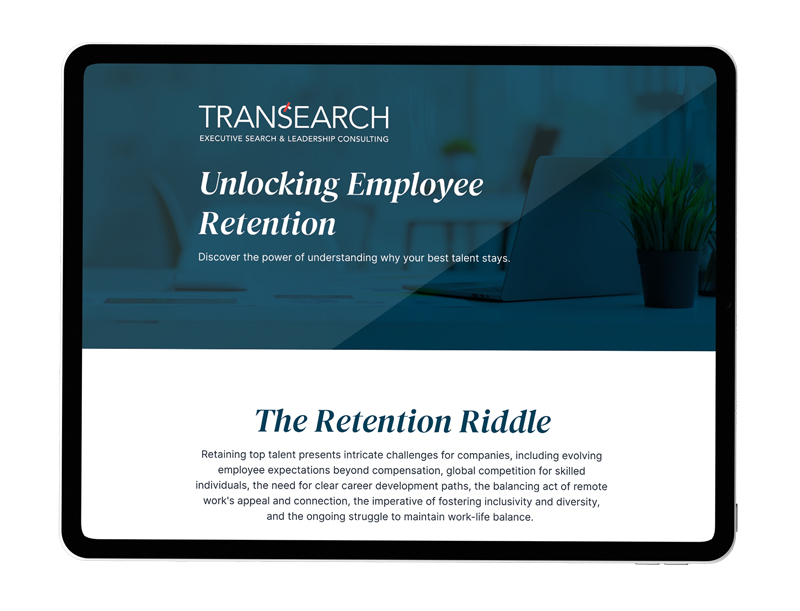In today’s rapidly evolving business landscape, change is the only constant. Organizations must adapt to keep up with industry trends, technology advancements, and changing consumer demands.
However, leading change initiatives can be challenging, especially if the leader lacks the necessary skills and expertise. As a result, organizations need to assess their leaders’ abilities to lead change initiatives and drive business transformation.
Let’s explore some of the critical factors to consider when assessing a leader’s ability to lead change initiatives:
Communication Skills
Communication is crucial when it comes to leading change initiatives. Leaders must communicate the benefits of change to all stakeholders, addressing potential concerns and challenges that may arise during the transition period.
They should also be capable of effectively communicating their vision for the organization’s future, inspiring and motivating team members to embrace the changes required to achieve their goals.
Strategic Thinking
Leaders with a solid strategic mindset are better equipped to lead change initiatives and drive business transformation. They can identify the key factors driving organizational change and develop a transition plan. This involves analyzing data, brainstorming potential solutions, and creating a roadmap for change that aligns with the organization’s goals and objectives.
Emotional Intelligence
Leaders with emotional intelligence can generally manage complex change initiatives that can be stressful for team members.
They are empathetic and can understand their team members’ concerns and emotions during the transition. Therefore, they can develop strategies to address team members’ concerns, keep them motivated, and ensure that the team stays focused on the end goal.
Flexibility
Flexibility is another critical factor when assessing a leader’s ability to lead change initiatives and drive business transformation.
Leaders should be able to adapt to changing circumstances and be willing to pivot their approach to achieving their goals. They should be able to identify when things aren’t working and adjust their strategies. They should also remain positive and focused, even in the face of setbacks.
Results Orientation
Ultimately, leaders must be results-oriented to lead change initiatives and drive business transformation successfully.
They need to clearly understand what success looks like and be able to measure and track progress toward their goals. This means setting specific, measurable targets and developing strategies to achieve them. Results-oriented leaders can motivate their teams to work towards their goals, keeping everyone focused on achieving successful outcomes.
Change is inevitable in today’s business environment. Organizations that cannot adapt to changing circumstances risk losing their competitive advantage and falling behind their peers. Change can be challenging, and leaders must possess the skills to lead their teams through the transition period successfully.
By assessing a leader’s communication skills, strategic thinking, emotional intelligence, flexibility, and results orientation, you can identify individuals with the expertise necessary to lead change initiatives and drive business transformation.
Need help to assess your leaders’ ability to drive change? Let us help you.













